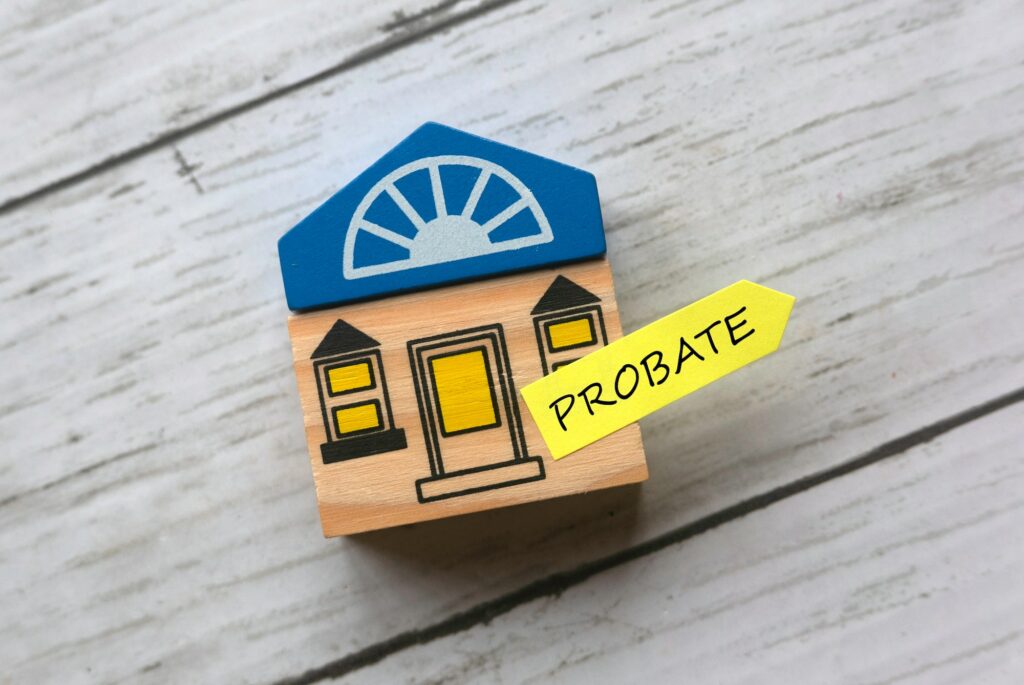When a person close to you passes away, it’s difficult to know what to do first. Whether you’re simply a family member or the personal representative, the next steps can feel confusing. Let’s discuss the probate process and how these scenarios typically play out.
What is Probate?
Probate is the legal course of action for settling the estate of a deceased individual. Included in this process is validation of the will, a thorough inventory and appraisal of the decedent’s property, payment of any debts or taxes owed, and the distribution of all remaining estate property in accordance with the will. In the event that there is no will, the estate will be distributed to heirs in accordance with North Dakota law.
Unless a will has been placed in a trust, most estates will require probate. However, there are some assets that may not have to be included if they already have a named beneficiary. In North Dakota, there is an informal probate process that is fairly simplified. This simplified, or informal, probate process allows the personal representative to manage the estate without requiring a hearing or court oversight.
Do I Need to Probate My Loved One’s Estate if They:
Did or Did Not Have a Will?
Probate is the legal process of validating a will and is meant to tie up any loose ends of a decedent’s financial life. Probate and estate administration must be done in probate court, regardless of if there was a will or not. As long as there was personal property, real estate, a share of personal property, a retirement account, life insurance proceeds stemming from an employment policy, those assets will have to be distributed to the rightful heirs.
In the event the decedent did not leave a will, the state will determine where everything goes.
They Didn’t Have Any Money or Property?
If there are no assets left behind when a person passes, there is no reason to go through the probate process. Probate costs money, and it’s not worth it if no assets exist in the first place. Instead, talk to us about an Affidavit for Collection for smaller estates.
It Has Been More Than Three Years Since My Loved One Passed, Should I Still Probate the Estate?
In order to qualify for informal probate or an affidavit, probate needs to be filed within three years of the decedent’s death. If more time has passed, formal probate is required. You should still file in order to go through the proper legal channels of handling the estate.
What’s a Personal Representative and What Do They Do? Who Can Become a Personal Representative?
A personal representative is a person/persons appointed by the court to help settle and distribute the estate of a deceased person. This representative is usually named in the will, a surviving spouse, an heir over the age of 18, a trust company, or a creditor of the estate, provided it is more than 45 days after the death.







